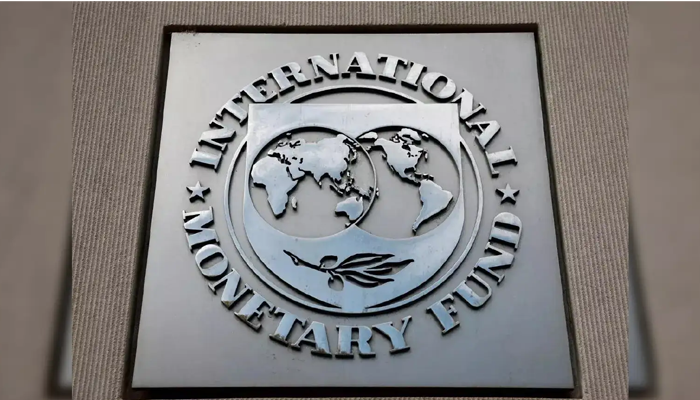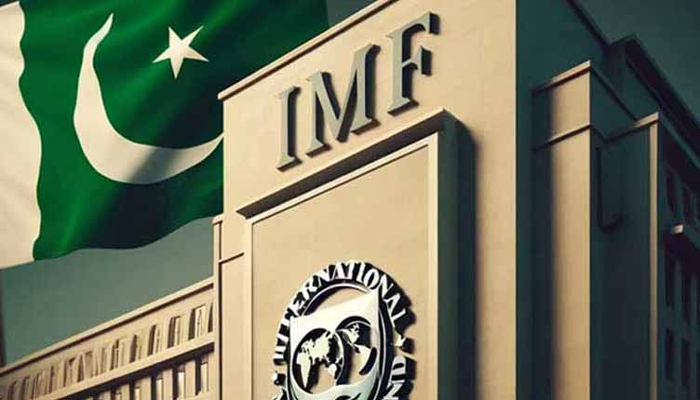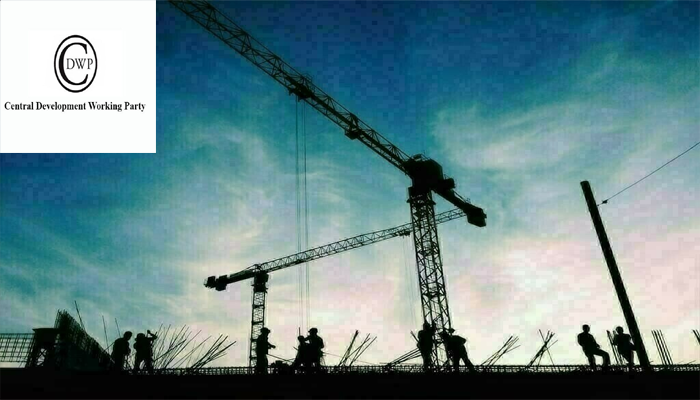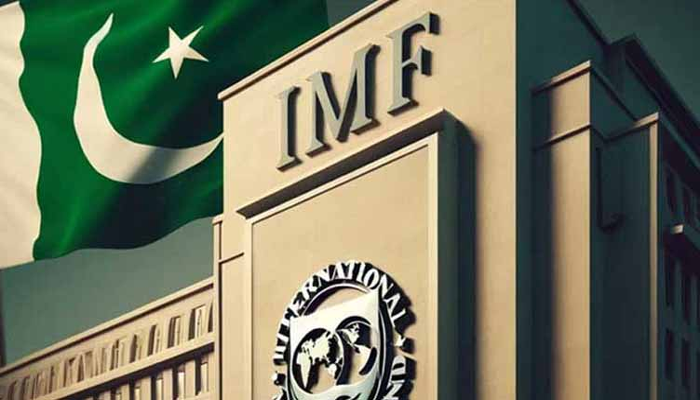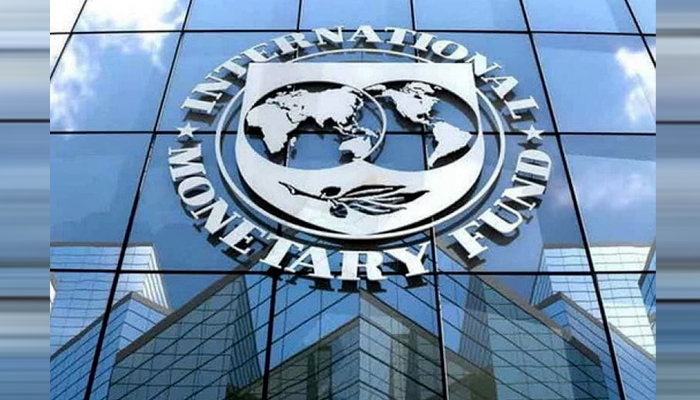ISLAMABAD: The International Monetary Fund (IMF) has placed fresh conditions on Pakistan as part of its ongoing economic support, calling for the removal of all quantitative restrictions on the commercial import of used vehicles less than five years old and the imposition of Rs5 per litre carbon tax. These structural reforms are to be reflected in the upcoming federal budget, with compliance expected through December 2025.
According to the IMF staff report released from Washington following the first review of Pakistan’s Extended Fund Facility (EFF) and the new Resilience Sustainability Facility (RSF), Islamabad must commit to liberalising trade, eliminating protectionist duties in key sectors, and expanding the tax net to ensure fiscal sustainability.
One key benchmark includes phasing out all tax incentives for Special Technology Zones and industrial parks by 2035— a move analysts say could affect Chinese investments under Special Economic Zones (SEZs), though the report avoids explicitly naming China.
The IMF also called for full implementation of Agricultural Income Tax (AIT) through an operational compliance platform. This will involve taxpayer registration, communication outreach, and processing infrastructure to formalise the agricultural economy.
Additionally, the government is required to make the levy on captive power permanent and to issue formal notifications for electricity and gas tariff adjustments starting July 1, 2025, thereby ensuring automatic price revisions in line with rising global energy costs.
The IMF’s staff emphasized that Pakistan’s FY26 budget must be approved by Parliament in line with IMF program targets. The budget will aim for a primary surplus of 1.6% of GDP and will be designed in close consultation with the IMF.
External risks remain high, the IMF warned, particularly in the wake of the U.S. tariff announcements on April 2, which could exacerbate global financial strain. The report also noted growing geopolitical tensions and elevated uncertainty in global policy frameworks, which may impact Pakistan’s already fragile economy.
In response, Pakistan’s Finance Minister and the State Bank Governor provided written assurances of their continued commitment to prudent macroeconomic policies. “We are firmly committed to sound economic management and structural reforms that will place Pakistan on a path of sustainable and inclusive growth,” they stated.
Efforts to raise the revenue-to-GDP ratio, expand the tax base, and enhance compliance will continue alongside tight monetary policy to ensure inflation remains within target. Exchange rate flexibility will be maintained to absorb external shocks.
On the industrial front, Pakistan has also committed to removing all additional and special duties on imports used in the auto sector, including electric vehicle components. This will be implemented gradually as part of the National Tariff Policy (NTP) 2025–30. Preferential treatments for local production across various sectors will also be phased out by FY30.
These wide-ranging reforms mark a significant shift toward market liberalisation, aimed at stabilising Pakistan’s economy, attracting foreign investment, and restoring global financial credibility.

